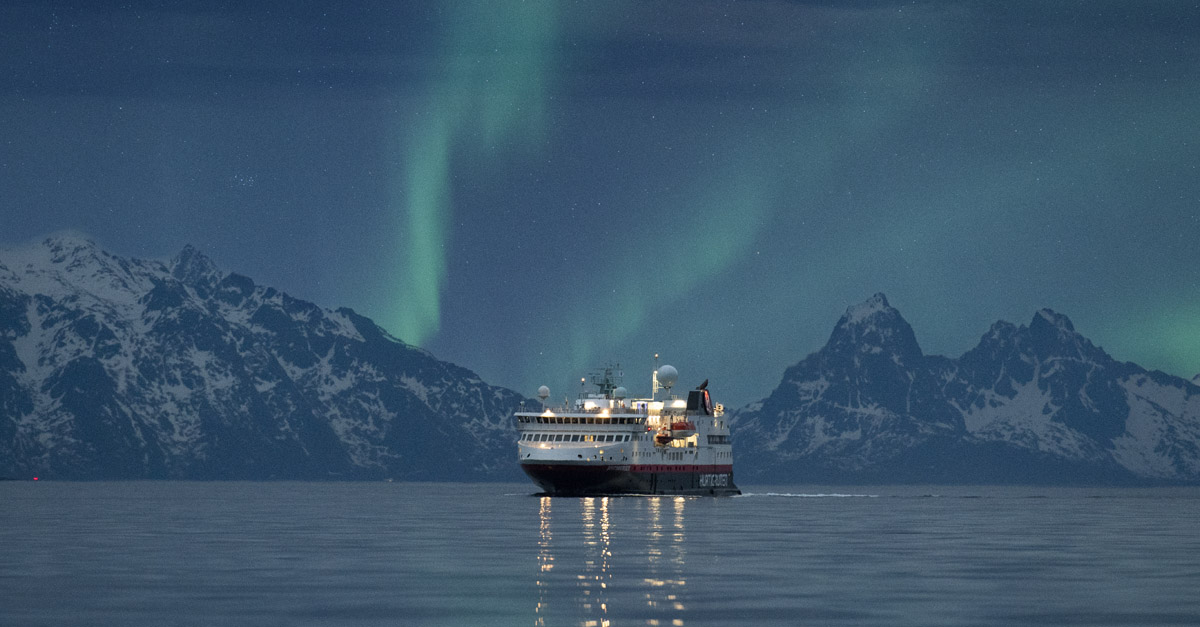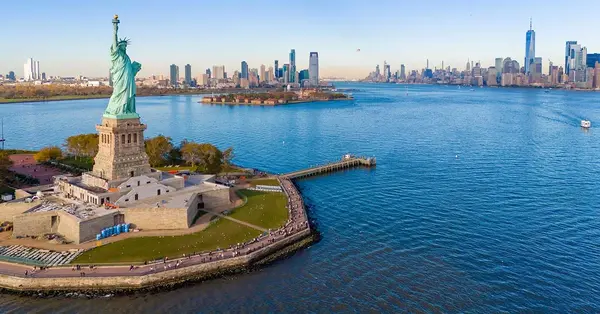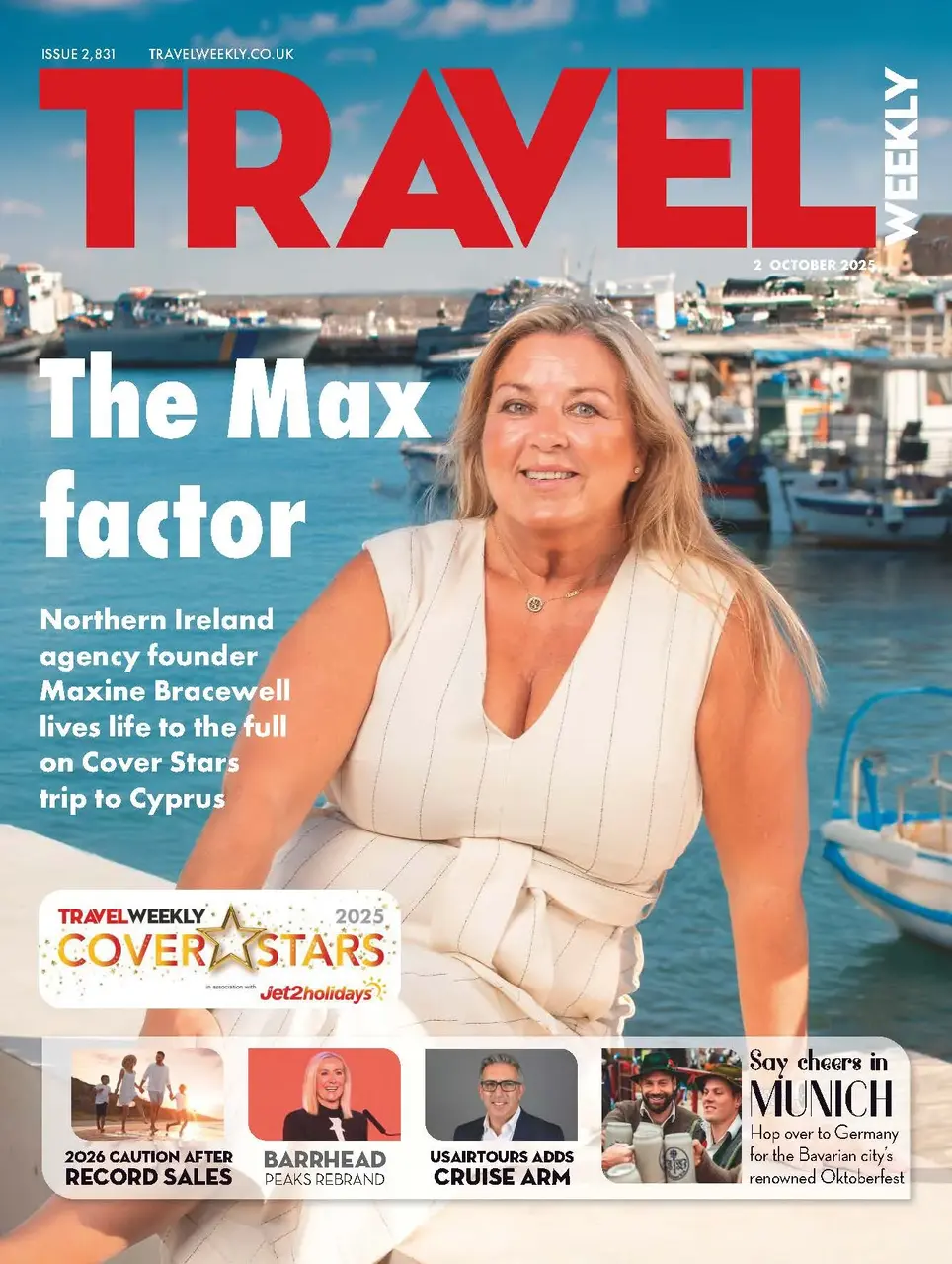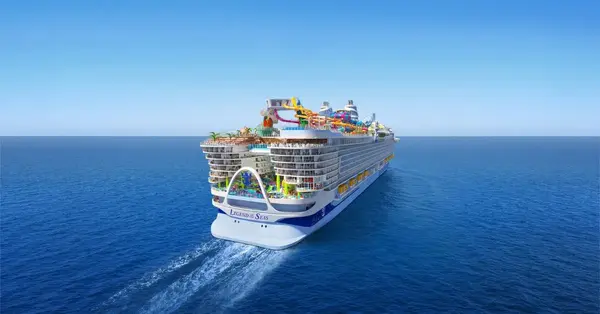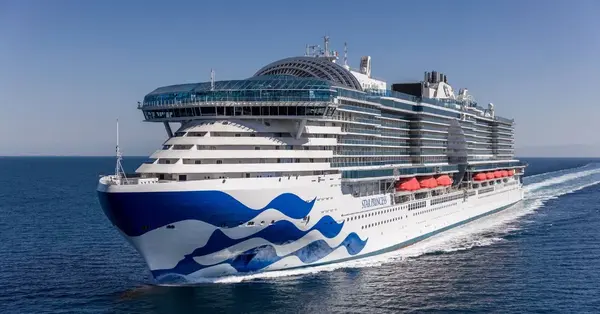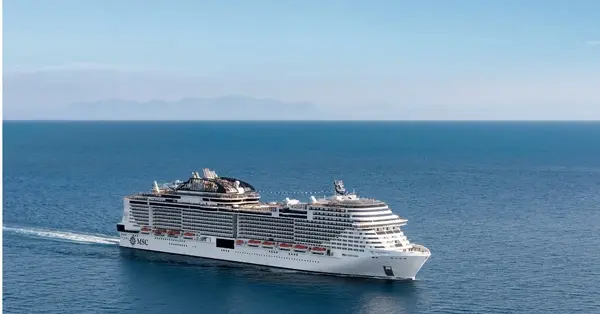You are viewing 1 of your 2 free articles
Hurtigruten and Royal Caribbean sanctioned over ‘misleading’ advertising claims
Hurtigruten and Royal Caribbean have both been sanctioned for making false advertising claims.
The advertising watchdog found that a website for expedition line Hurtigruten featured a misleading savings claim while a website for Royal Caribbean International implied that a cruise would depart from Venice when that was not the case.
Hurtigruten pledged to correct an IT error “as a matter of urgency”, saying that the savings claim was pulled from a wrong location on the website due to a change in systems
The incorrect savings claim promoted via a crossed out price affected only one cabin category on a Northern Lights cruise from the UK and that it did not intend to publish misleading data, the line said.
However, the Advertising Standards Authority told Hurtigruten to ensure its future promotion of discounts “did not mislead by including a crossed out price that was not the usual selling price of the cruise”.
In a separate case, the ASA ruled that Royal Caribbean must make sure that adverts “made clear where cruises departed from and not misleadingly imply a cruise departed from or visited a particular place if that was not the case”.
This came after a complaint was made about the company advertising cruises online departing from and visiting Venice (Ravenna) – a port more than two hours away by car from the Italian city.
In response, Royal Caribbean said cruise ships were banned from docking in Venice and therefore it required to use whatever alternative cruise port was available to provide “reasonable access” to Venice and other regional attractions. The line said that ‘Venice (Ravenna)’ was used consistently in its webpages, and that the use of ‘Ravenna’ as the qualification clarified that the ship did not dock or depart from the port of Venice.
Royal Caribbean added that its booking materials did not suggest the ship would be docked in Venice.
The line “believed that the use of qualifying words or place names was common practice in the travel industry and was well understood by the average consumer, and proposed reversing the qualification to ‘Ravenna (Venice)’.”
The company suggested that consumers, mainly from the US, would be less likely to book the cruise unless Venice was featured prominently, whilst using Ravenna to qualify the docking port.
Royal Caribbean said it “understood that there was a potential for consumer confusion” but it had always provided sufficient information to consumers regarding the departure point and itinerary before they booked the cruise.
However, upholding the compliant and banning the advert, the ASA said: “We acknowledged that Royal Caribbean Cruises had proposed to reverse the qualification so that the ad stated ‘Ravenna (Venice)’.
“However, we considered that was still likely to be interpreted by consumers to mean that the cruise departed from Venice.
“Because consumers were likely to understand from the ad that the cruise would depart from Venice, and that was not the case, we concluded the ad was misleading.”

